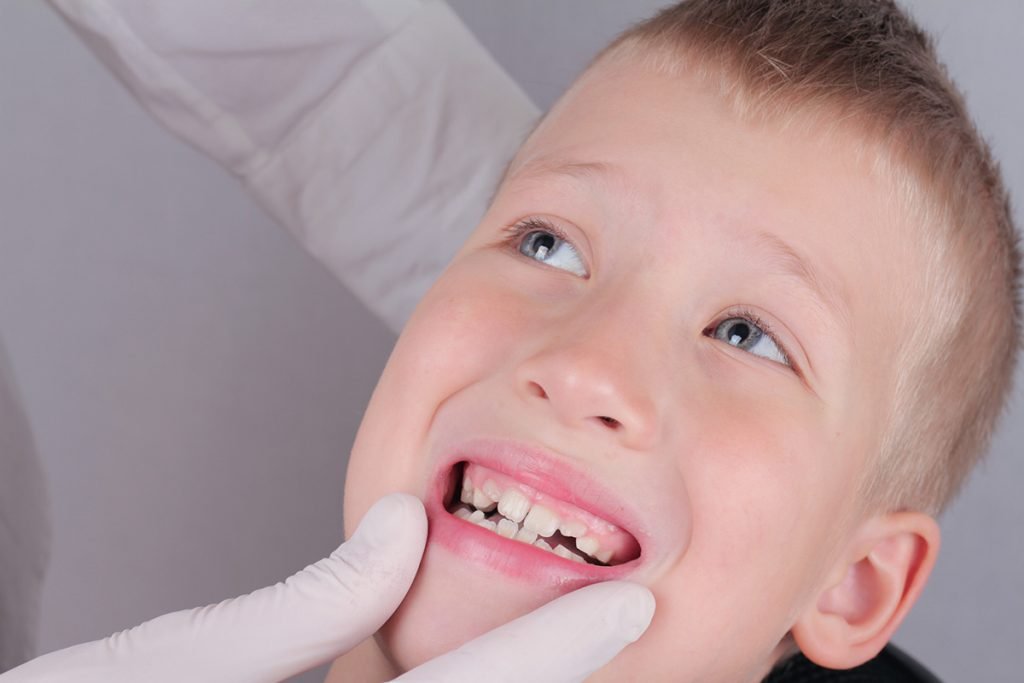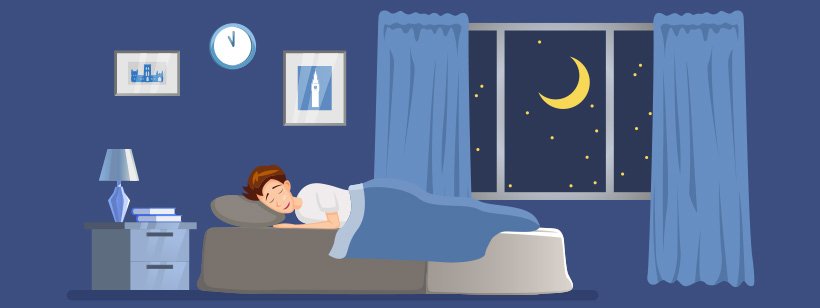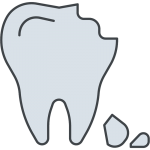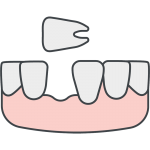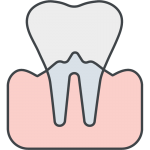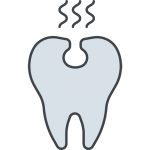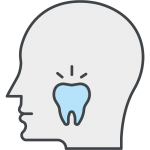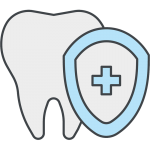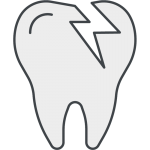Happy World Sleep Day!
Many of us would love to celebrate this day by sleeping all day!
But, alas, the demands of our daily life requires us to leap, climb, crawl or be dragged out of bed this morning to go forth and conquer our world (or our to-do list).
Let us take this time to briefly talk about sleep and how it relates to orthodontic problems.
Are you getting sufficient good quality sleep?
Sleep is essential for our physical and mental health.
It is widely accepted that adults generally require between 7 – 9 hours of sleep each night. Children and teenagers require more.
While the quantity of sleep we get is important, the quality of our sleep is equally, if not more, important!
If you are sleep deprived, you may feel tired and moody; crave junk food and caffeine; have difficulty focusing and remembering. It is a challenge to play your ‘A’ game.
What about children? They don’t always have the ability to describe or express how sleep, or the lack of it, is impacting their wellbeing.
- Snoring
- Teeth grinding during sleep
- Hyperactivity in the day
- Lethargy during the day
- Bed-wetting at night
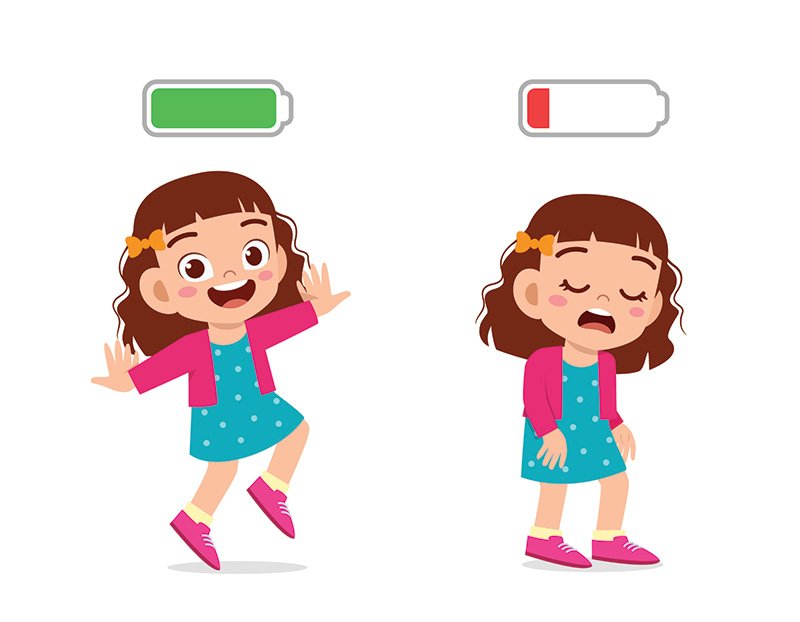
How does sleep disordered breathing lead to orthodontic problems?
Children’s face and jaw grows best when the lips, tongue and cheeks are in equilibrium, i.e. when their lips are closed and the tongue is resting on the palate (roof of the mouth).

However, due to a variety of reasons – such as, allergies or enlarged adenoids and tonsils, some children experience frequent/daily blocked nasal passage. When their nose feels blocked, they will naturally breathe through their mouths instead.
This results in them spending a large part of their night time sleep with their lips apart, tongue on the floor of their mouth (instead of on the palate), and jaw opened and positioned backwards
The face and jaw goes through its biggest growth phase between the ages of 4 to 12. When the forces of the cheeks, lips and tongue are not acting in equilibrium during this crucial growth period, it leads to under development of the jaw, insufficient space for their teeth, crowded and crooked teeth, and problematic relationship between the upper and lower jaw.
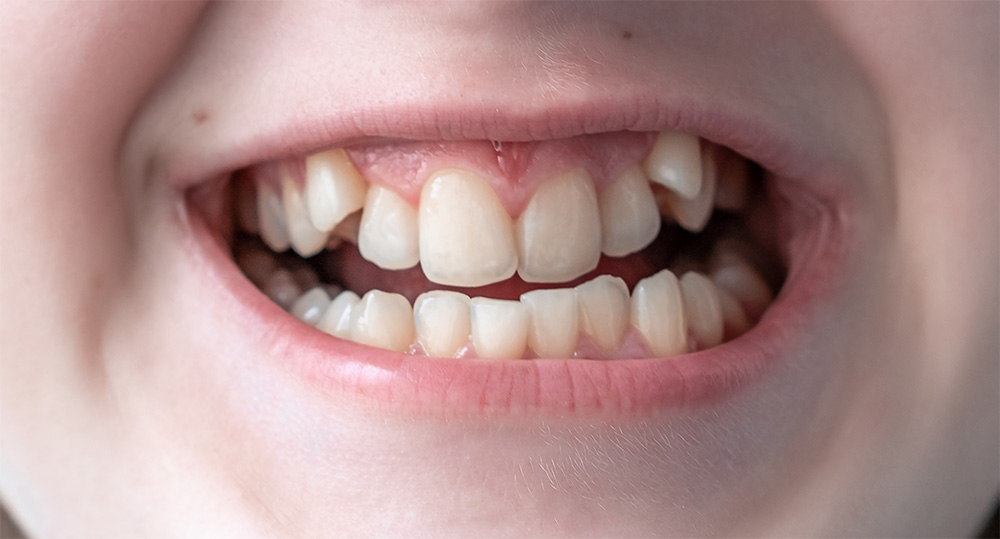
What role can your dentist play?
By observing and assessing the presence of crowding, suboptimal jaw development, bad bite, and signs of teeth grinding, your dentist may be the first person to identify a sleep problem such as Obstructive Sleep Disordered Breathing.
Your dentist may refer your child to an Ear, Nose and Throat (ENT) specialist for further assessment. Your child may also benefit from a Sleep Study.
At Aperture Dental, Dr Erik routinely looks out for these signs in children when they come in for their regular dental check-up. The effects of a chronically blocked nose in children can be seen as early as 4 years old. Identifying and managing the problem early usually means treatment is simpler, more predictable, and has better outcomes.
Feel free to reach out to us if you have any queries.
And once again, Happy World Sleep Day!
